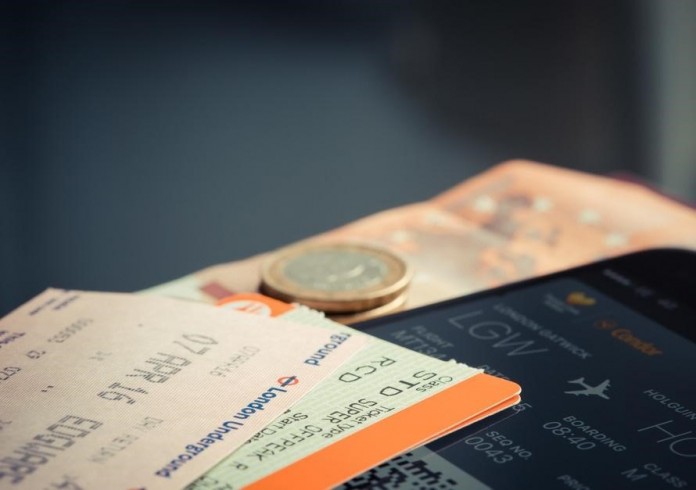If you are hoping that you will be promoted when your traveling expense comes under the budget, you will be very disappointed. In addition, there are no celebrations or badges of honor that will come from booking fares at a cost that is half what your company maximum is. These extravagances and lack of interest in controlling spending on travel is probably the reason why the companies in the country are using $310 billion annually on travel. However, things do not have to be this way. If you are interested in making your company grow, it is time to think about saving on travel costs.
After talking to experts who help companies reduce their travel budget by giving rewards to those that spend less on the trips, we came up with the following tips on making travel less expensive.
Using travel policy that is not flexible
There is a saying which states that not all hotels cost the same. When employers give rules such as not to spend more than $250 per night on a room, or not to spend more than $500 on a roundtrip domestic ticket, they think it is a great way to save cost. However, the rule normally has the opposite effect. This means that the employees will want to spend the entire amount even if in some locations, it is way more than what is needed for comfortable travel. To avoid this loophole, it is recommended that you come up with a travel policy that is specific to the places where the employees are traveling to.
Do not ignore the easy ways to save
There are many companies that are yet to learn the essence of applying the easy tricks that save one’s money. For instance, many people know that the closer you book to the departure date, the more expensive the trip will be. However, they still end up booking late and spending up to $108 more in air ticket costs. According to travel experts, the best time to book a flight is 50-100 days before the actual day of travel as that is when you are likely to get the cheapest fares.
Ignoring the sharing economy
The best way to save money, regardless of where you are travelling to is making maximum use of the sharing economy. For instance, an Airbnb will cost much less than a hotel room offering the same class, comfort and size. Other things that can be shared include transport from the airport using the shuttle service, living in places where there are kitchens where you can share the cost of cooking and remove the cost of the restaurant and many others. You can even share a car rental, as long as the auto insurance covers this cost.
Lack of incentives for saving
When the employees do not see any rewards attached to spending less on travel, they will not do it. If you want your employees to save more, create incentives such as allowing them to keep a percentage of the money that they make from the save. You can also set spending targets for the employees and reward the ones who achieve them.
Avoid setting bad examples
When the business executives set bad examples such as overspending on their travel, the rest of the population in the office will follow suit. There is no employee that will want to fly economy if the boss is flying first class. When the executives are flying first class to every destination, the employees start thinking that traveling costs are not an issue.
Do not set vague spending goals
What is worse than having strict travel policies is having no policies at all. There are some policies that send the message that they can spend money as if it is their own to the employees. The result of this is some extremely frugal employees while on travel and others that just spend all of it.
The key to cutting down these costs is getting all the employees on the same page. This will benefit the entire company in the long run.
Find a Home-Based Business to Start-Up >>> Hundreds of Business Listings.















































